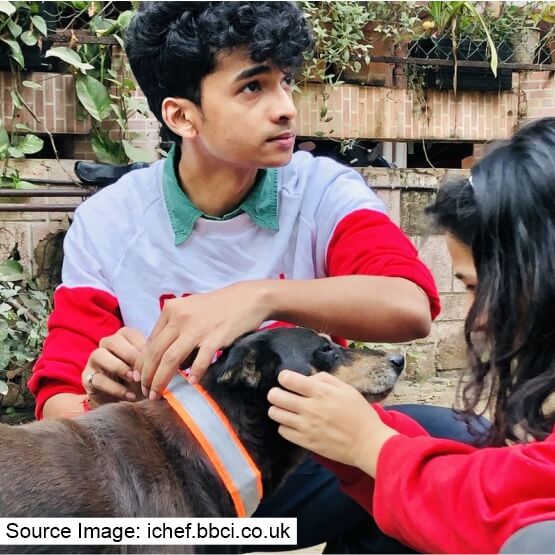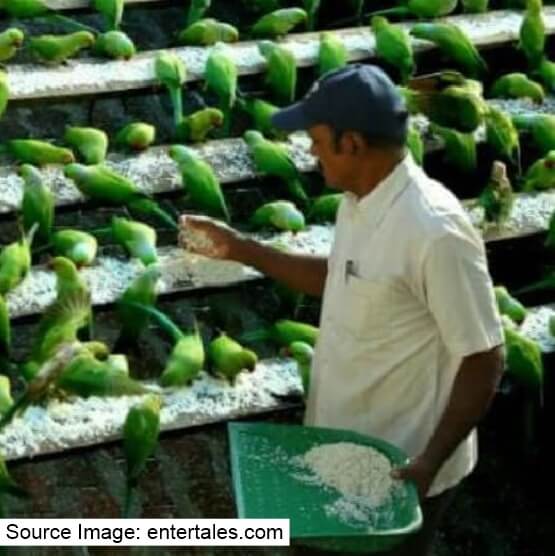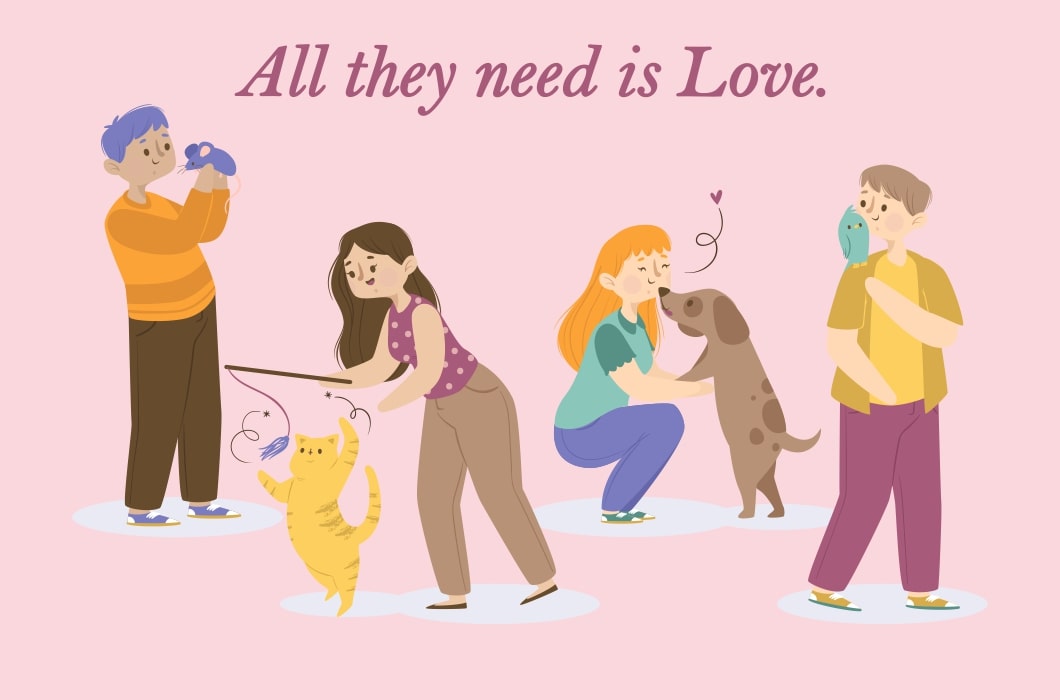SDG-15 aims to protect, restore and promote sustainable use of terrestrial ecosystems, sustainably manage forests, combat desertification, halt and reverse land degradation and halt biodiversity loss. The term 'biodiversity' refers to the wide range of living species that coexist in a given habitat. Biodiversity ranges from the tiniest microbes to the largest mammal. It also includes several species of bacteria, plants, animals, and humans. Recent studies have discovered 8.7 million different species worldwide, out of which a normal man recognizes only 1.2 million species.
Habitat loss, invasive species, overexploitation (excessive hunting and fishing pressure), pollution, and climate change associated with global warming are the five key causes of biodiversity loss. Humans and their behaviours have a direct role in each situation. Degradation also includes the degradation of the quality of life of the animals on land and in the ocean. There are around 6.2 crore stray dogs and 91 lakh street cats in India.
According to a survey by Mars Petcare India, India has the greatest rate of relinquishment as compared to countries like the United States, China, and Germany. An estimate of 79.9 million homeless cats and dogs live in shelters or on the streets in India. As per the EPH Index data for India, 82 percent of dogs are considered street dogs, 53 percent of people feel street dogs present a danger to people, 65 percent of people fear a dog bite, and 82 percent of people believe that street dogs should be removed and put in shelters, out of the streets.
Under SDG-15, it is our responsibility to take care of stray animals, as they form a part of the biodiversity around us. However, strays in India face several challenges that refrain them from a certain standard of existence. This includes housing limitations, financial limitations, practical barriers, and lack of behavioural awareness about stray pets, leading to people buying breed dogs and cats instead of adopting from shelters.
Despite this, India has seen several heroes who have rightly taken steps for giving our furry friends what they deserve.
Shantanu Naidu

After graduating as a mechanical engineer, he began working in the Tata Group as a design engineer. One evening, while coming back from work, Naidu was saddened after seeing a dog's dead body lying on the streets. Unfortunately, this was not a one-time incident. The repetitiveness forced him to take some serious action to tackle this.
Naidu realized that if commuters saw a dog just five seconds before their cars approached them, there was little they could do. These dogs had to be seen at some distance. He had access to reflective tape, and along with some friends, Naidu began creating a prototype of a dog collar with reflective tape that would allow the strays to be seen in the dark. Smartly, Naidu and his friends began using denim to make these collars. People began donating their old jeans to contribute to the cause. They started an NGO "Motopaws", however, like any other small non-profit, it lacked funds. This is when Naidu's father suggested he write a letter to the infamous industrialist, Mr. Ratan Tata, who is an animal lover himself. This handwritten letter helped him to meet Mr. Tata for the first time. After hearing his entire idea, Mr. Tata decided to fund the young entrepreneur's idea. Today, with the help of his funding, Naidu's "Motopaws" is functional in 11 cities and three countries (India, Nepal and Malaysia), and makes around 1,500 dog collars every day.
Abhijit Dowarah

The insides of the old TVs are cleaned and cleared. The outer parts are then coloured bright yellow or green so that they are visible from a distance. These colours also symbolize the natural surroundings. These "Baator Ghars" also have a small water container attached with a small net so it doesn't get dirty. Currently, this initiative is limited to Sivasagar, Assam, but Dowarah hopes and plans to expand this further.
Pratima Devi

Zubeen Garg

Joseph Sekar

It all began on a winter morning in 2004, when Sekar noticed five weary parakeets on his terrace in Triplicane, one of the oldest neighbourhoods in Chennai. As of today, Sekar feeds thousands of birds who visit him every day. His terrace has also become a tourist hub for visitors across the world. At times, many of them have offered to contribute towards his noble endeavour, but he’s always politely declined. Sekar believes that he does not need a favour from anybody to feed his children (the birds).
These unsung heroes are examples of how little effort could make the world a better place. If you know more such interesting stories, share them with us in the comments section below.
Get a chance to get your stories featured in our blogs!
